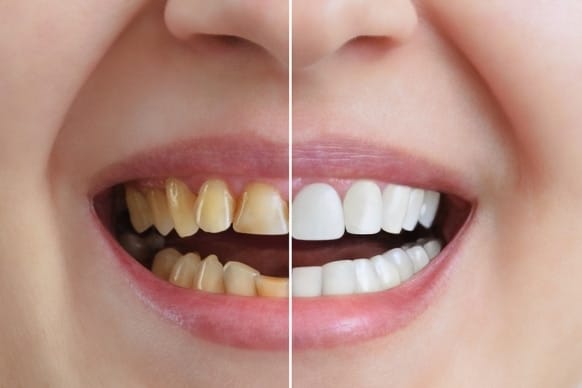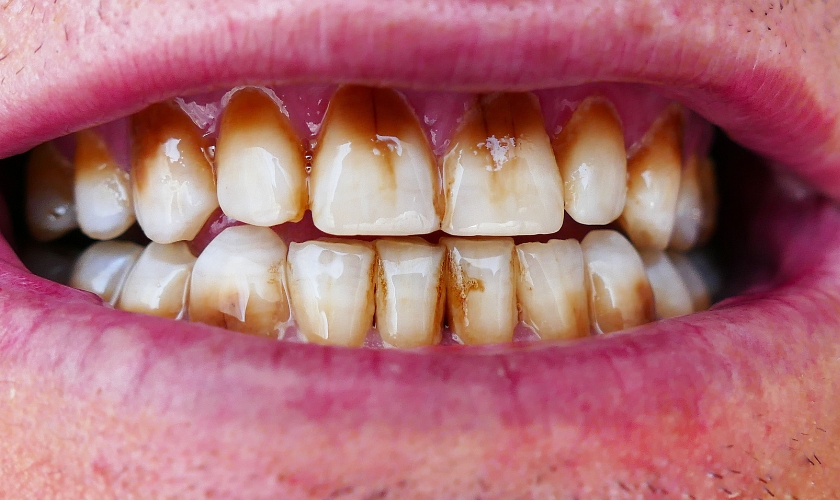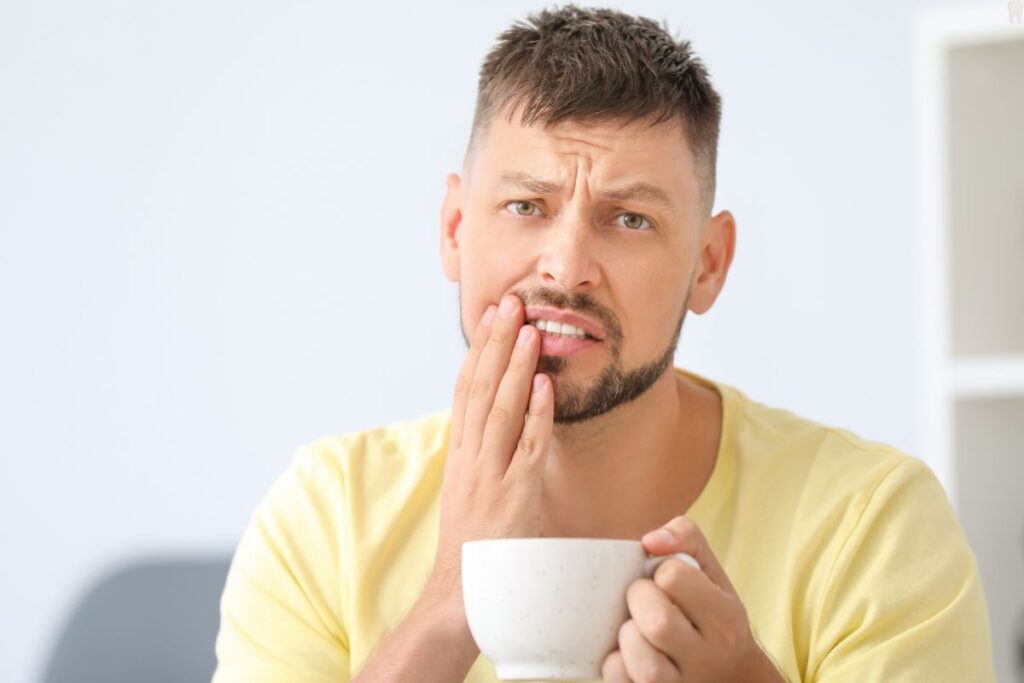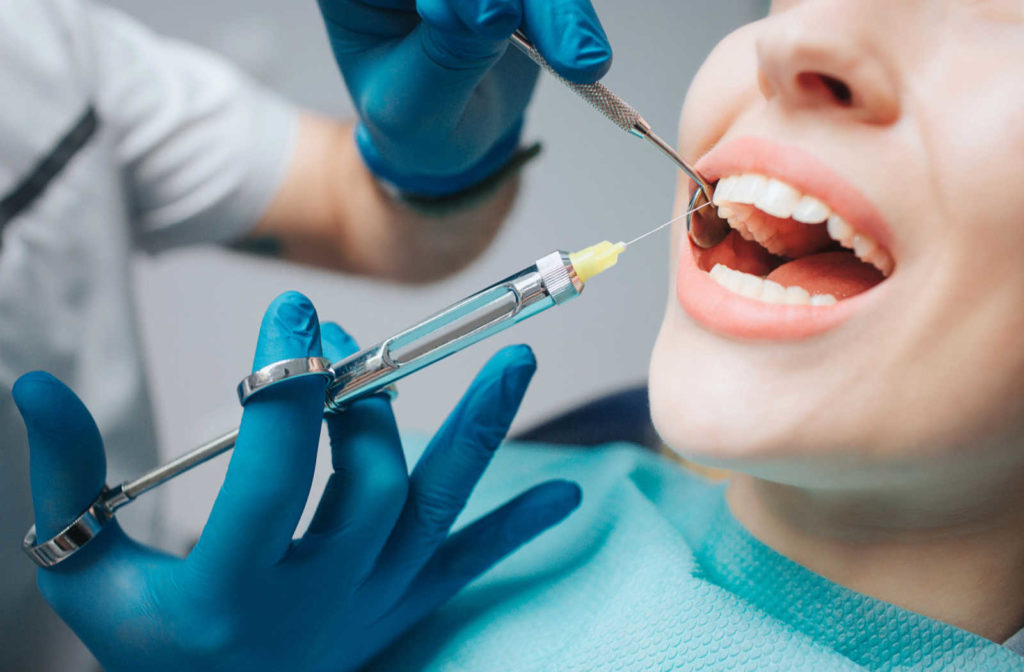Do You Brush Your Teeth After Whitening Strips?
TLDR; Yes, you should brush your teeth after using whitening strips—but wait at least 30 minutes before doing so. Brushing too soon can damage softened enamel and increase sensitivity. What Are Whitening Strips and How Do They Work? Whitening strips are thin, flexible pieces of plastic coated with a peroxide-based gel. When applied to your […]






